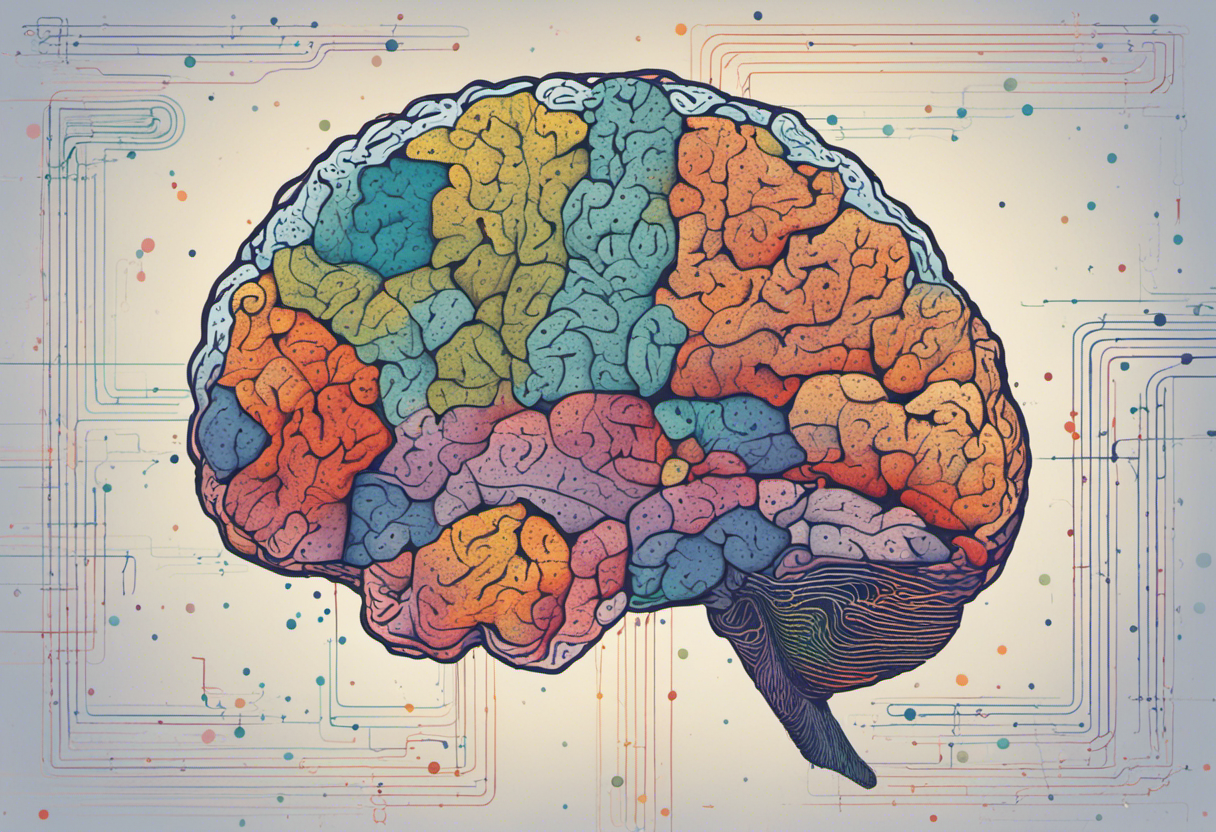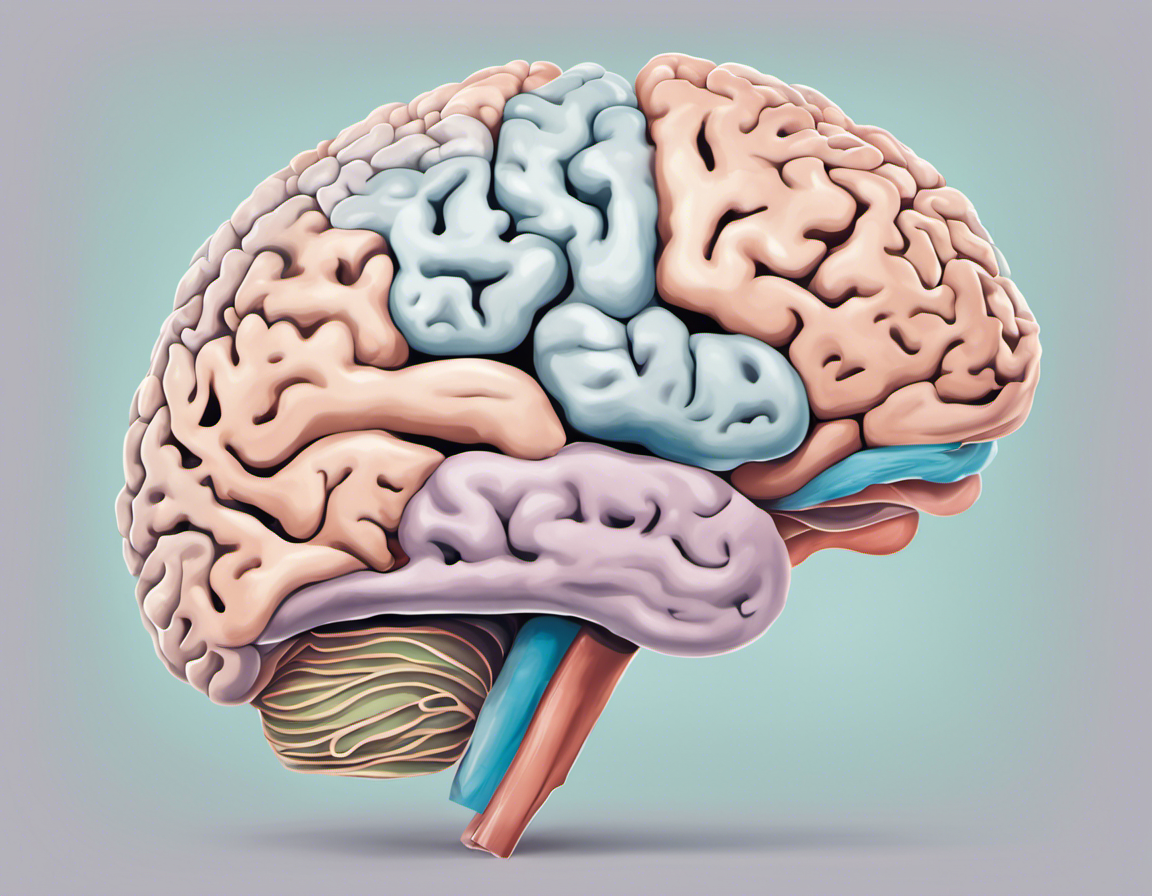Unlocking the Hidden Superpowers: The Science of Fidgeting

Have you ever been told off for a small movement like tapping your foot or moving your fingers quickly? This is called fidgeting and it’s a common thing that people do without thinking. Fidgeting may seem unimportant, but it can actually help us in many ways that we don’t even realize.
Born out of an amalgamation of scientific curiosity and human quirkiness, “Unlocking the Hidden Superpowers: The Science of Fidgeting” will escort you down a captivating rabbit hole—a realm where genetics tangles with environmental factors, leading us to fathom the depths of how these quirks impact our brain functionality.
While we casually term it as ‘simply fidgeting’, this article sheds light on the origin of these behaviors, intricately navigating through the maze that ties them to attention disorders. With every forceful tap or rhythmic sway, we exercise our brains in ways unknown and unappreciated! So, are you ready to tap into your latent power? Fasten your seatbelts—for a captivating journey lies ahead! Dive in now, and by the end, be prepared for a fresh viewpoint on that ‘annoying’ little habit after all—fidgeting!
Understanding Fidgeting
Fidgeting, often brushed aside as an annoying habit or lack of self-control, is much more than what meets the eye. This section will delve into the depths of fidgeting, exploring its myriad facets and potential benefits that go unnoticed in everyday life.
The Science of Fidgeting
The science behind fidgeting is fascinating, encompassing many cognitive processes. This part aims to break down the complex neurological mechanisms of this seemingly simple act.
The Impact on Brain Functionality
These minute hyperactive movements have been found to significantly impact brain functionality. These actions stimulate certain brain areas related to attention and focus, facilitating cognitive processing and task performance. Let’s explore how fidgeting can be connected to our mental agility and mental synchronization.
Physical Effects of Fidgeting
Frequently tagged as ‘restless energy’, fidgeting has more positive tangible merits from a physiological standpoint than we tend to appreciate. Although seeming trivial, everyday activities such as foot-tapping or nail-biting may boost metabolism and even lessen the health risks linked with sedentariness. Here, we’ll shed light on why these small physical actions may not be so quickly curbed or dismissed.
Fidgeting, often associated with “restless energy,” may have more health benefits than we realize. Even seemingly insignificant actions like tapping your foot or biting your nails can increase metabolism and reduce the risks associated with a sedentary lifestyle. In this article, we’ll explore the reasons why these small physical movements should not be disregarded or discouraged.
Origins of Fidgeting Behaviors
Understanding where, why, and when one fumbles with pens or other ‘toys’ may provide insights into one’s mental state or behavioral tendencies. We will unearth some surprising origins of fidgeting behaviors within this segment by delving into genetic dispositions, environmental influence, and commonly associated conditions like ADHD (Attention Deficit Hyperactivity Disorder).
Genetic and Environmental Factors
Here, we look at the implications of our inherited genes and environmental influences on our propensity for fidgety behavior. We’ll see how genetic components might play a role in our innate need for constant motion, whereas certain environmental aspects could trigger such behavior.
Link Between Fidgeting and Attention Disorders
A growing body of research suggests that fidgeting may serve as an outlet for individuals with attention disorders like ADHD. Instead of suppressing these incessant mechanisms, we suggest that endorsing this behavior might enhance concentration levels and cognitive performance in affected individuals, thus reframing mental disorders from a novel viewpoint.
Conclusion
With an intimate look at the science behind fidgeting, we have explored its origins and impact on brain functionality. For too long, society has perceived fidgeting as a symptom of restlessness or a lack of discipline.
This study challenges these misconceptions, instead offering a fresh perspective, viewing fidgeting as a superpower that can enhance cognitive performance and concentration. Understanding the role of genetic and environmental factors in triggering fidgety behaviors is critical.
Equally important is its correlation with attention disorders; reframing fidgeting could be a key step in relieving those affected. Let’s break the negative norms surrounding fidgeting and recognize its positive impacts.
Remember the next time you find yourself tapping your fingers or rocking your feet: you aren’t just ‘fidgeting’. You’re unlocking untapped power in your brain, enhancing your concentration, and boosting your cognitive performance. Let’s embrace the superpowers within us and explore this fascinating field of study further!




Comments